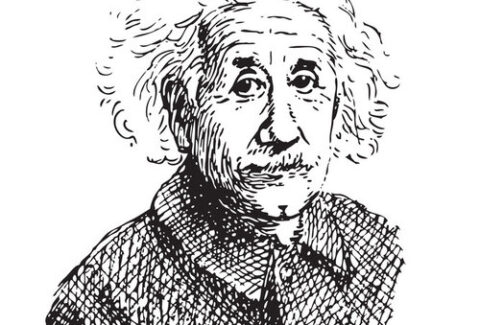Mentorship: A Tribute to my Mentor: Charmaine Rapaport, MD
“I just see you as one of the next presidents of the American Psychiatric Association (APA). Continue to do whatever you are doing.” Charmaine Rapaport, MD, a Harvard Graduate, who believes in mentorship, in preparing the next generation, and in supporting younger clinicians and trainees, articulated these words to me.
I did not ask why she said that, I did not ask what exactly she saw that prompted her to make this prediction; however, I can remember how inspiring this was, and I simply internalized it. It has been about ten years now since Dr. Rapaport said those words to me, and throughout the ten years I have been actively involved in the APA at various levels, from council member to committee chair, from mentor to board member, and from presenter to fellowship chair. My active involvement in the APA has been very gratifying. It has helped enhance my leadership and management skills, my ability to see the big picture and my passion for public health, mentorship, education, and advocacy. These have been some of the benefits of my involvement in organized medicine, and the positive reinforcement through my mentor, Dr. Rapaport, whom I highly regard, has made a world of difference.
The Oxford Dictionary defines Mentorship as, “The guidance provided by a mentor, especially an experienced person in a company or educational institution.” The entire medical field is founded upon a system of mentorship. “To hold my teacher in this art equal to my own parents; to make him partner in my livelihood; when he is in need of money to share mine with him; to consider his family as my own brothers, and to teach them this art, if they want to learn it, without fee or indenture; to impart precept, oral instruction, and all other instruction to my own sons, the sons of my teacher, and to indentured pupils who have taken the physician’s oath…” is the second paragraph of the Hippocratic oath taken by all physicians upon graduation from medical school.
Etymologically, the term mentor has been adapted into English from the character Mentor, from the Greek classic, The Odyssey. Odysseus left for the Trojan War and entrusted his son, Telemachus into the care of his friend, Mentor. Athena, in turn, who took the disguise of Mentor, while visiting Telemachus, called upon Telemachus to stand up against the suitors and travel to find out what may have happened to his father, Odysseus. A mentor therefore calls upon us to defy ourselves, to exceed our own expectations and to be wise. A mentor imparts wisdom, but also forces us to think, to get out of our comfort zone, and stand up when necessary.
We all have had mentors, some greater than others; some have marked us and have changed our lives for the best. I have been a lucky one. I have found mentorship in both of my parents, in their friends, in my own friends, some older, some the same age, and at times, others younger than me. I have found benefit from outstanding mentorship from a variety of individuals that I hold dear in my heart, and in this series, I will acknowledge one at a time, in each article. This is the least I could do to pay them tribute, as we have promised to do through our oath.
Charmaine Rappaport, MD is the first one. She is far from the first, far from the last, and not even a current one for several years now. But, “Once a mentor, always a mentor.” Charmaine, as she always insisted that I call her, has been one of the most supportive training directors I have seen, one of the best educators, one of the finest clinicians, and yes, one of my best mentors. I thank you for your amazing mentorship, Charmaine.
References:
-
Roberts, Andy. (1999) “The origins of the term mentor”. History of Education Society Bulletin, No. 64, November 1999, p. 313–329.
-
Daloz, L. A. (1990). Effective Teaching and Mentoring. San Francisco: Jossey Bass. p. 20.
-
Aubrey, Bob & Cohen, Paul (1995). Working Wisdom: Timeless Skills and Vanguard Strategies for Learning Organizations. Jossey Bass. pp. 23, 44–47, 96–97.
-
von Staden, H (1996). “In a pure and holy way. Personal and professional conduct in the Hippocratic Oath”. Journal of the History of Medicine and Allied Sciences (51): 404–437.









